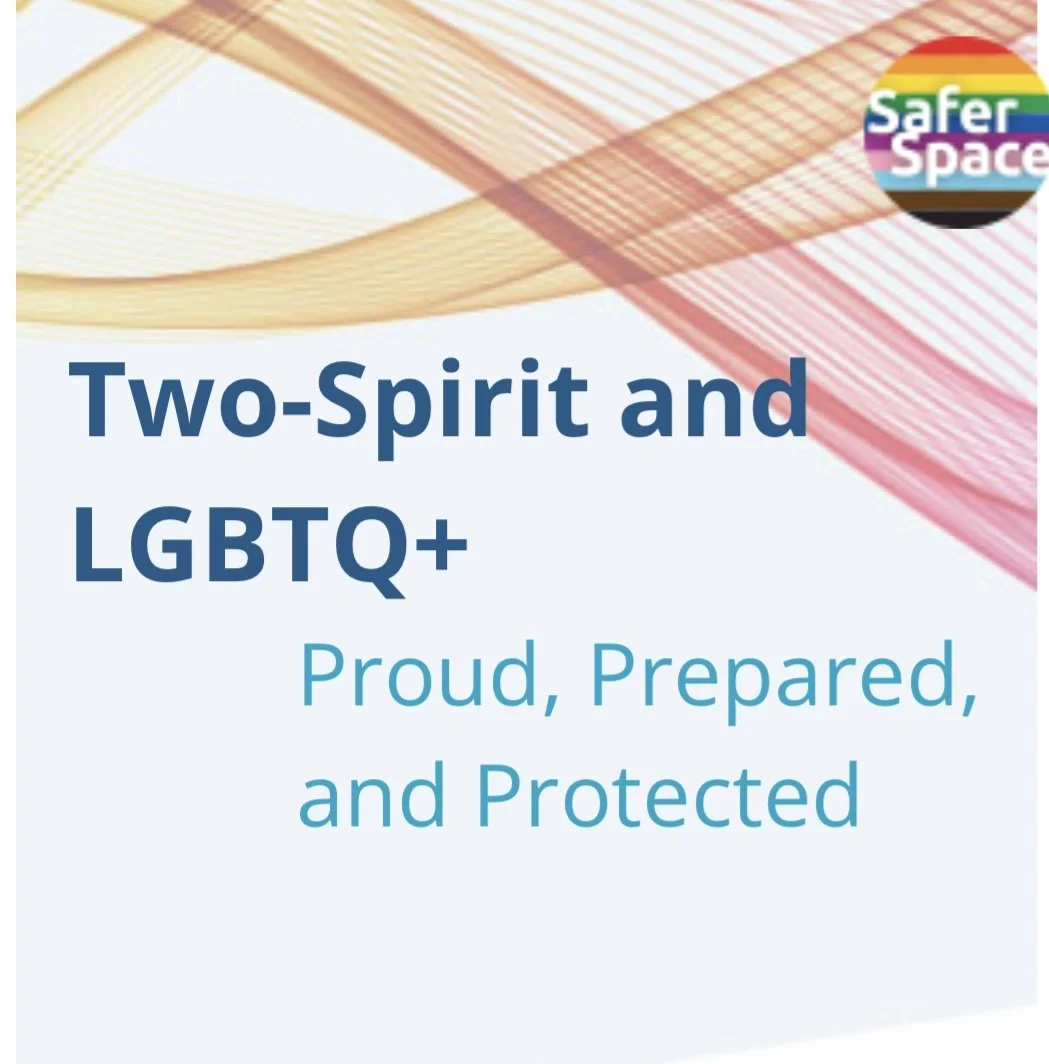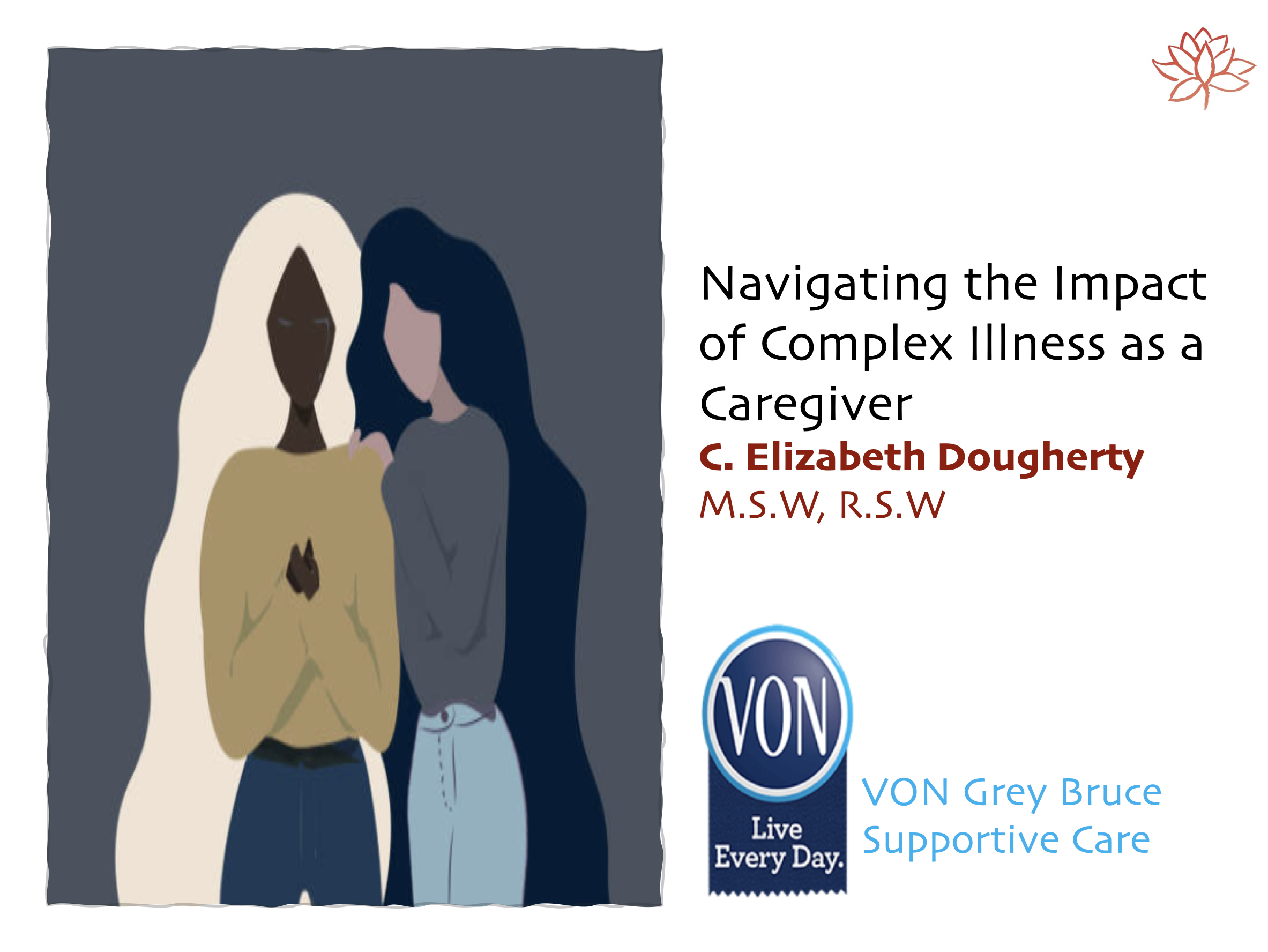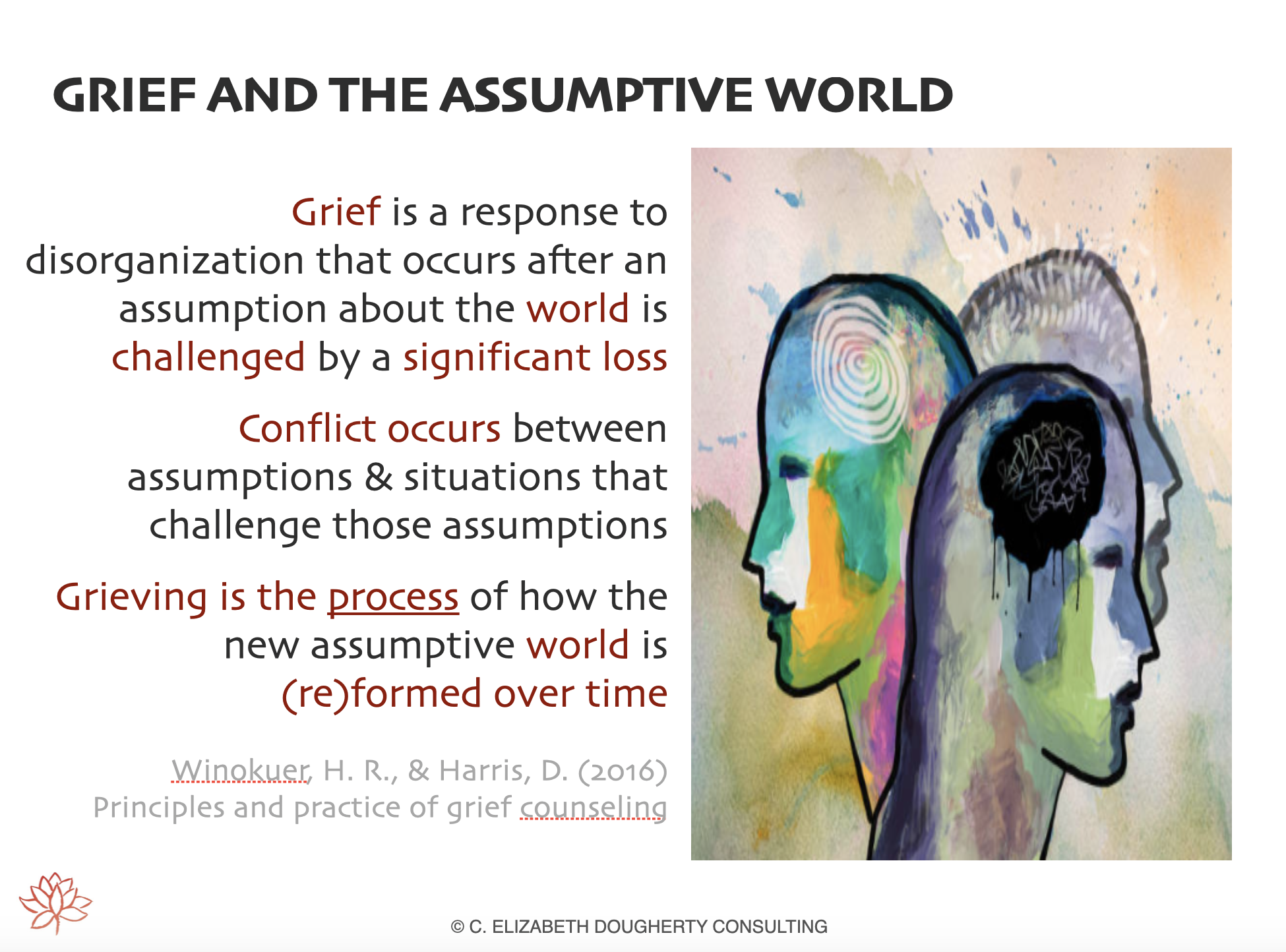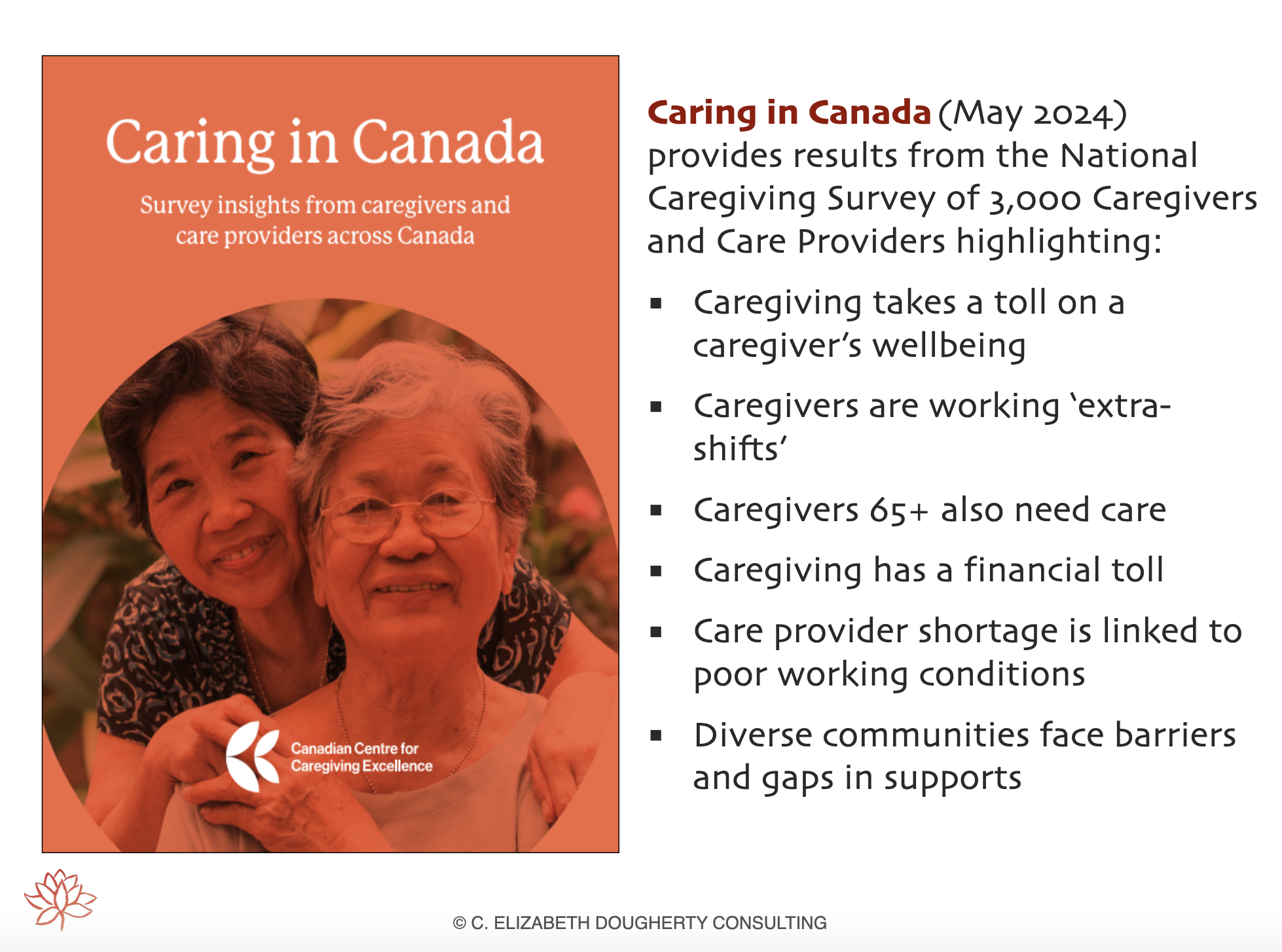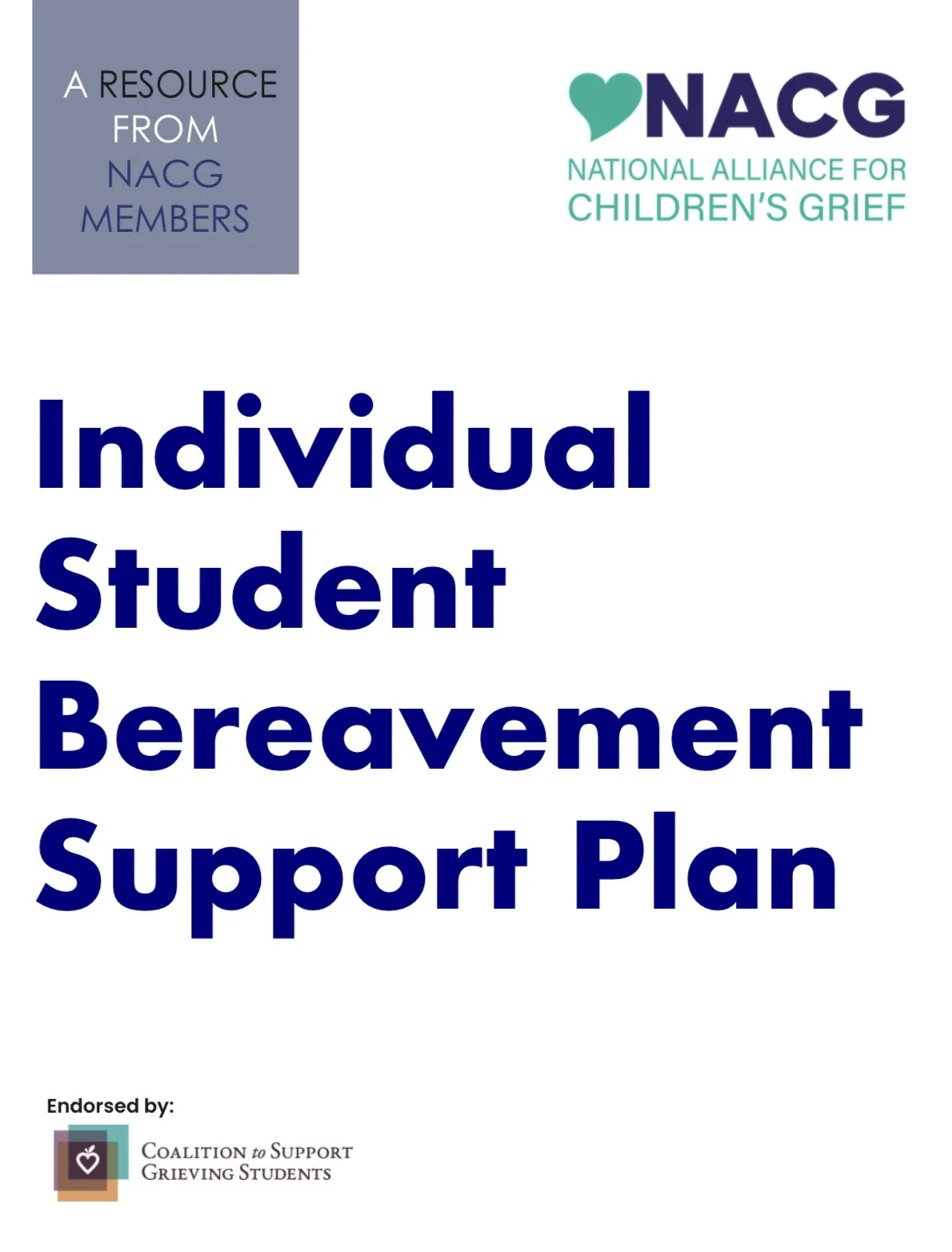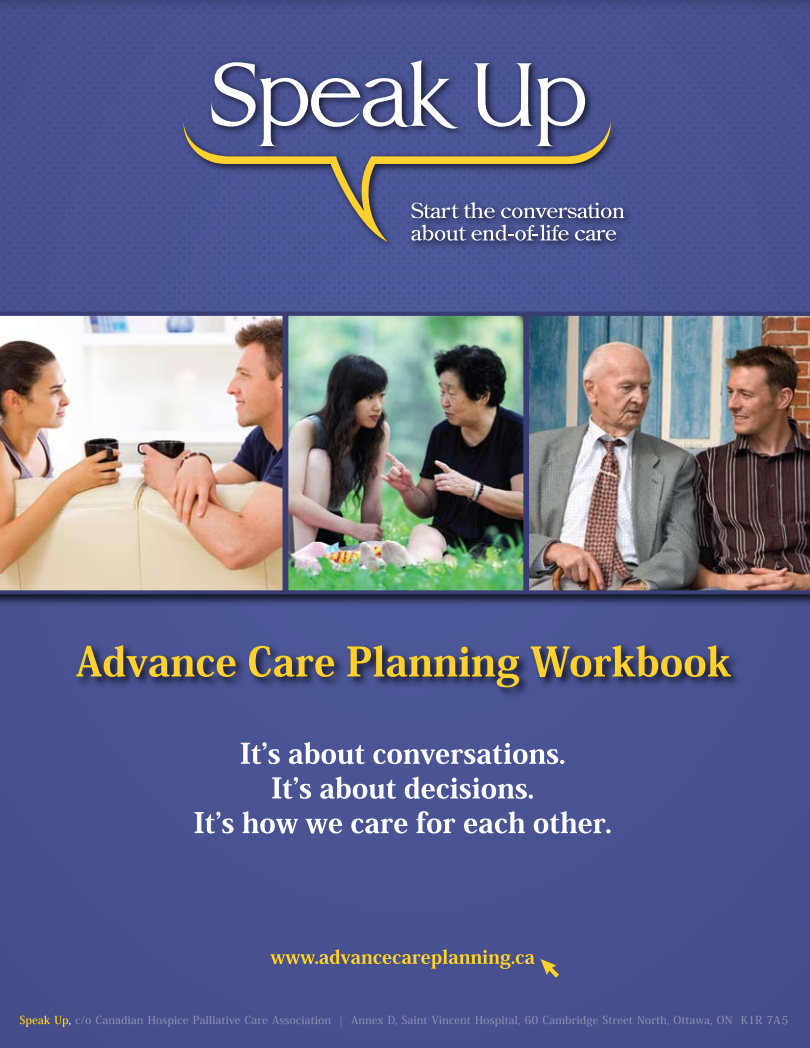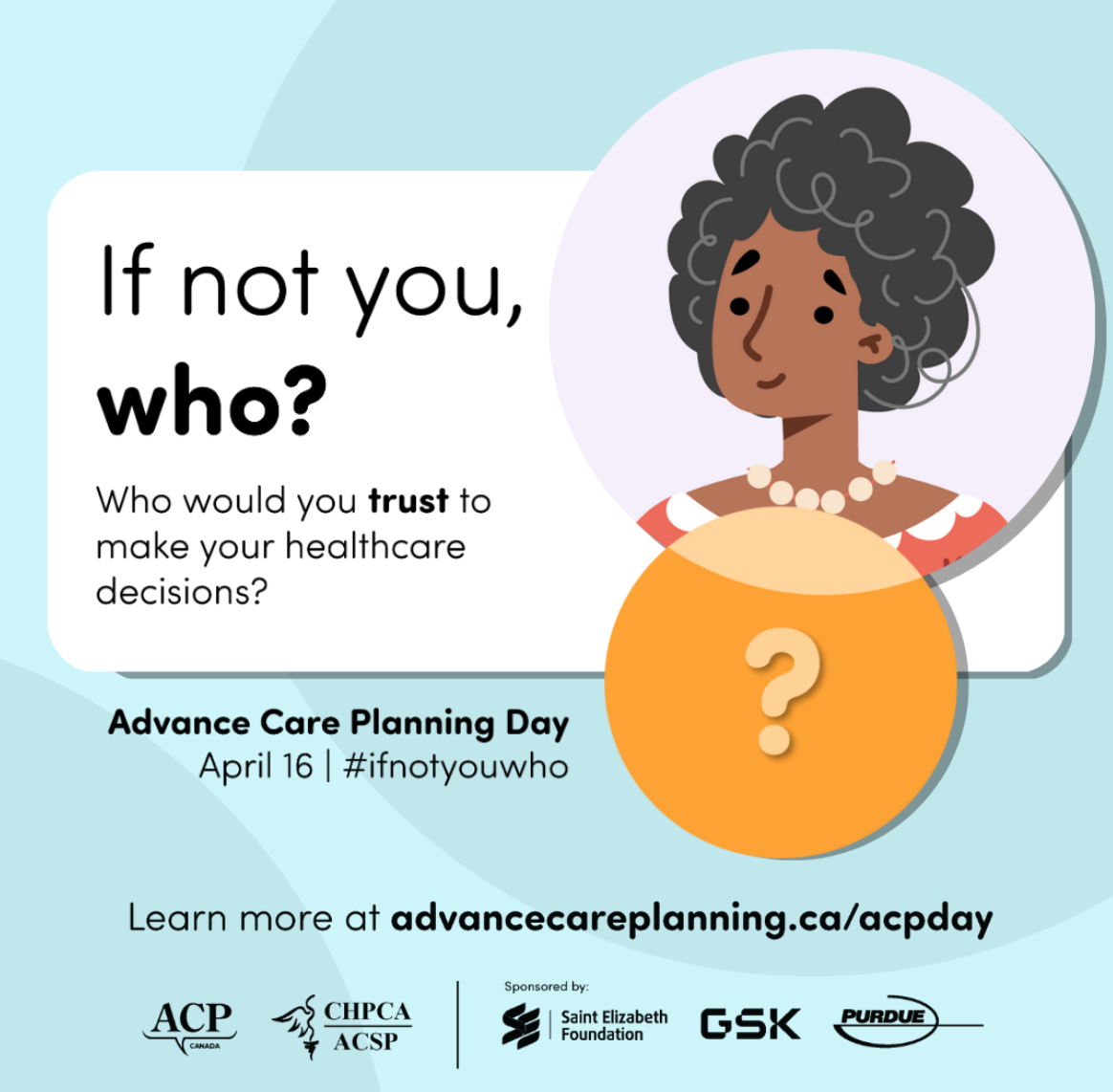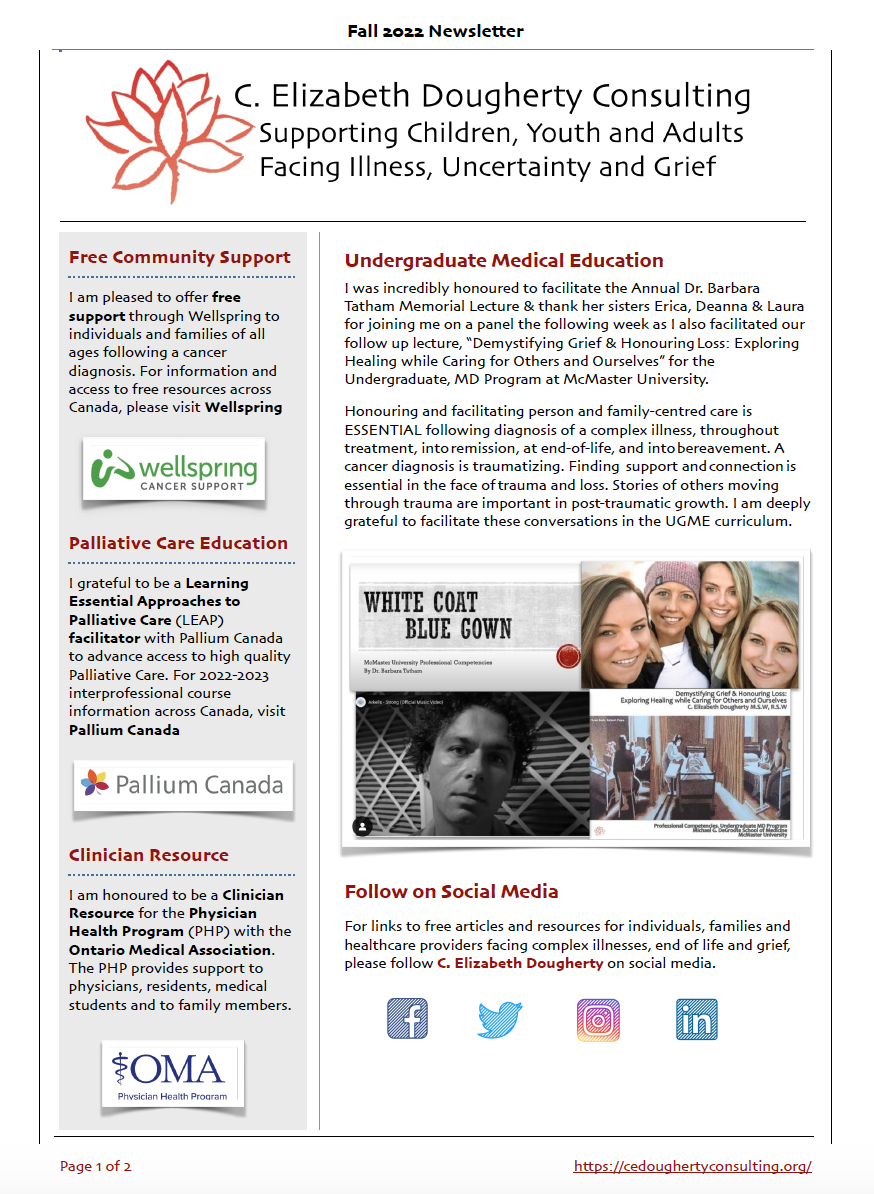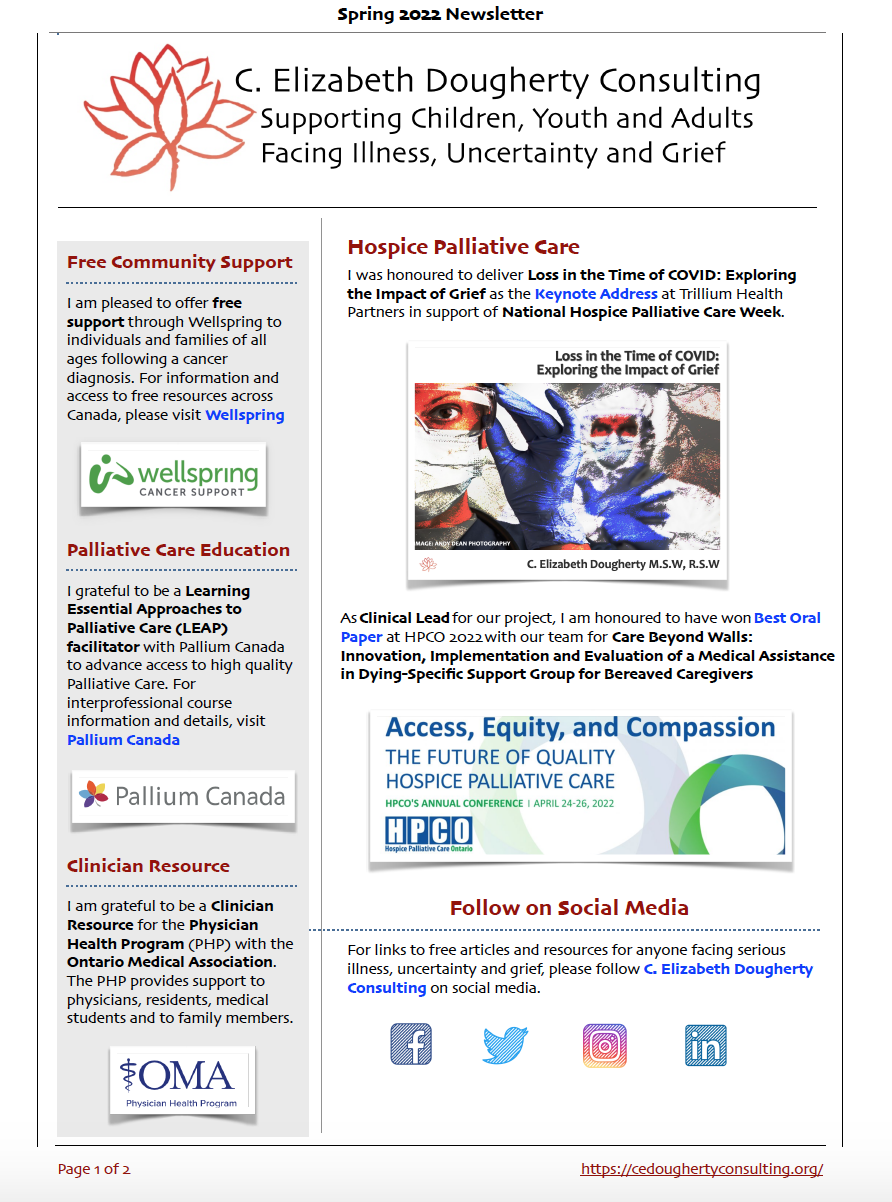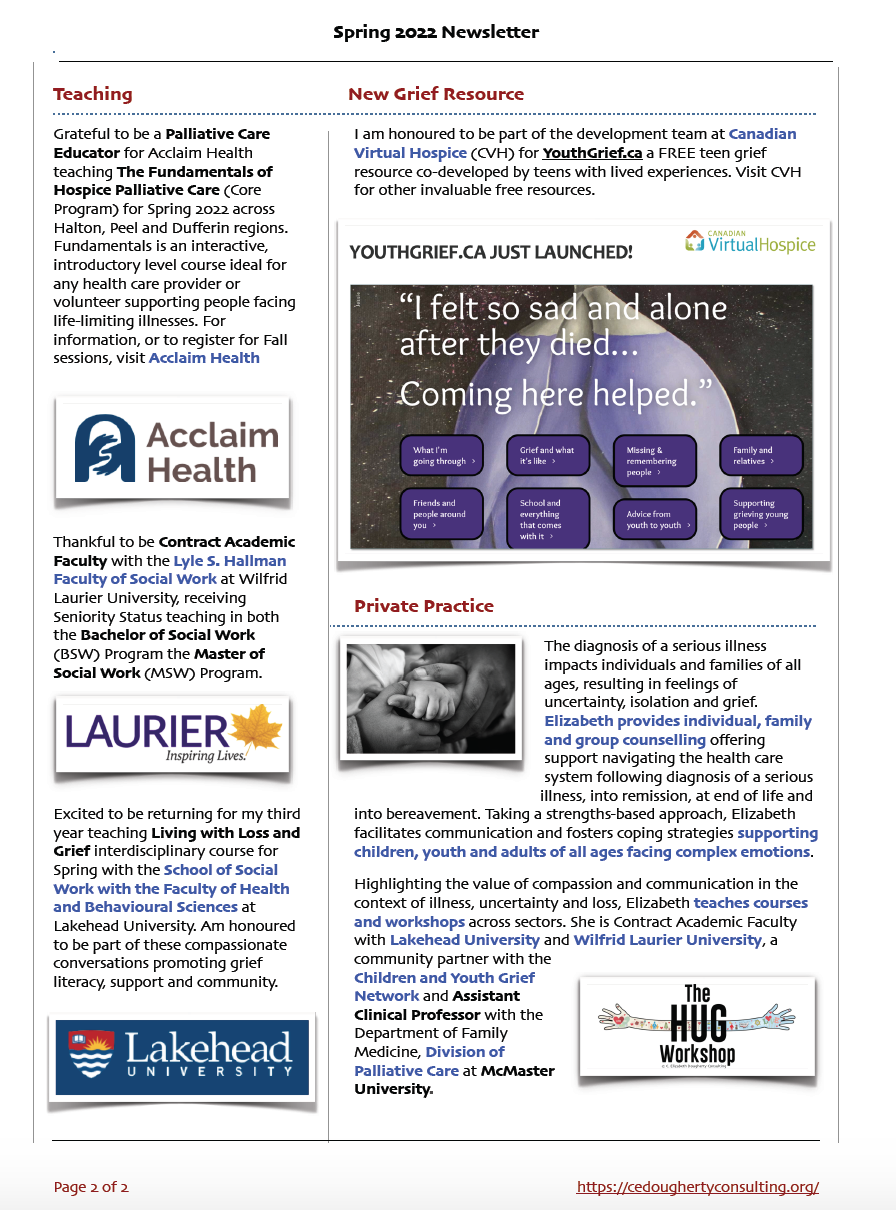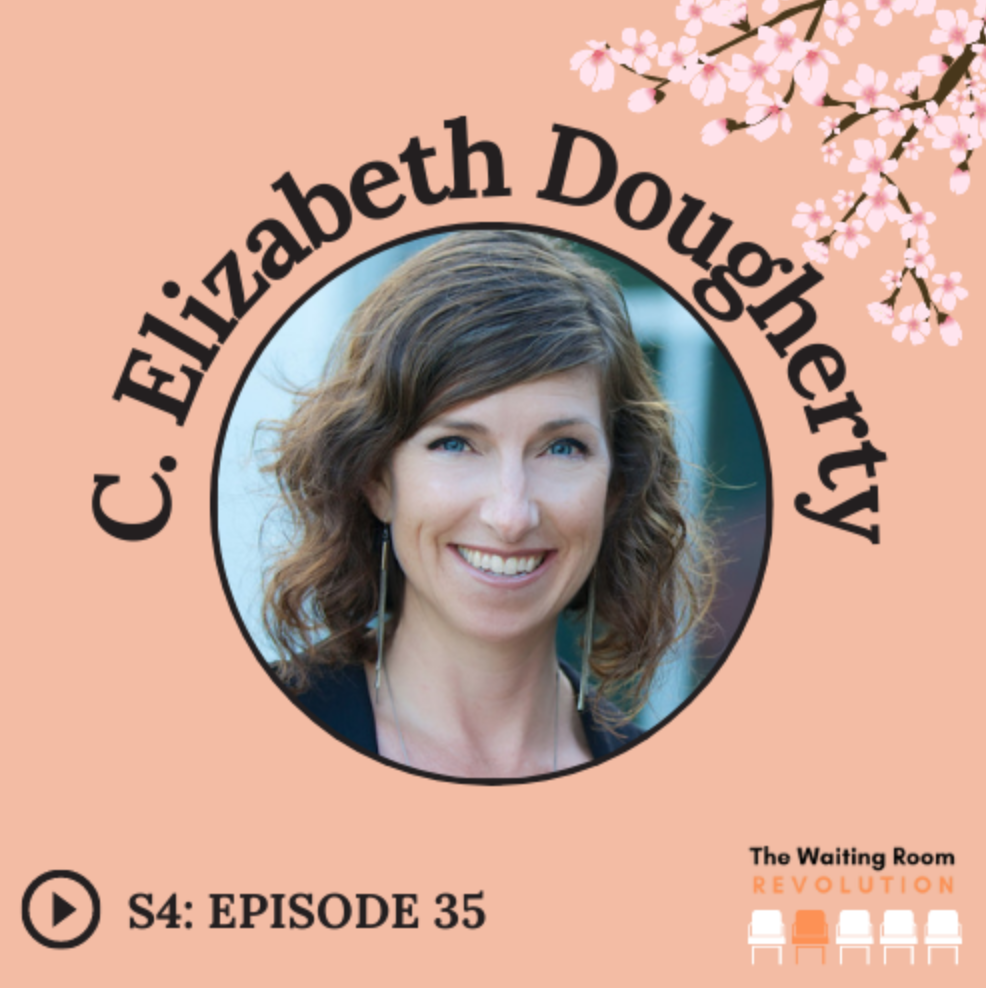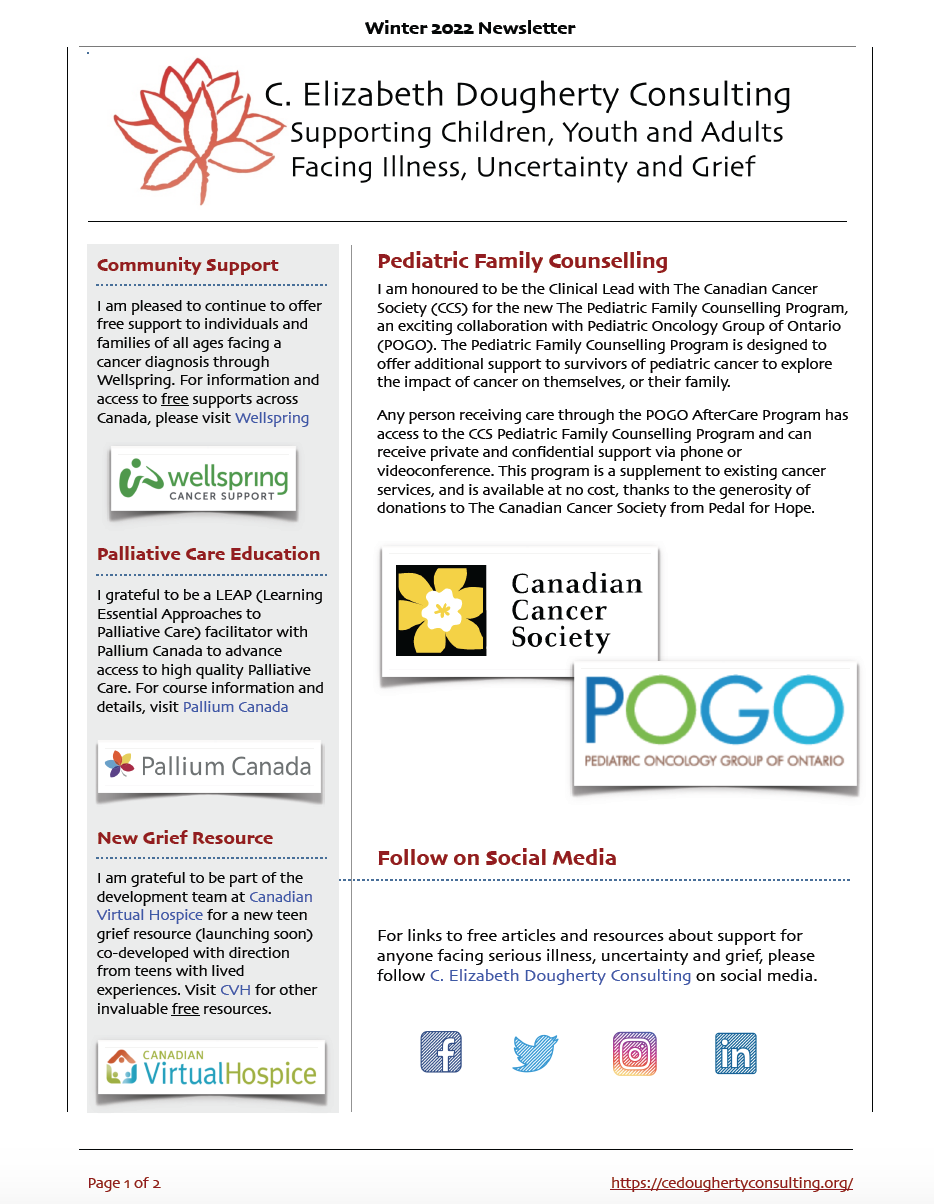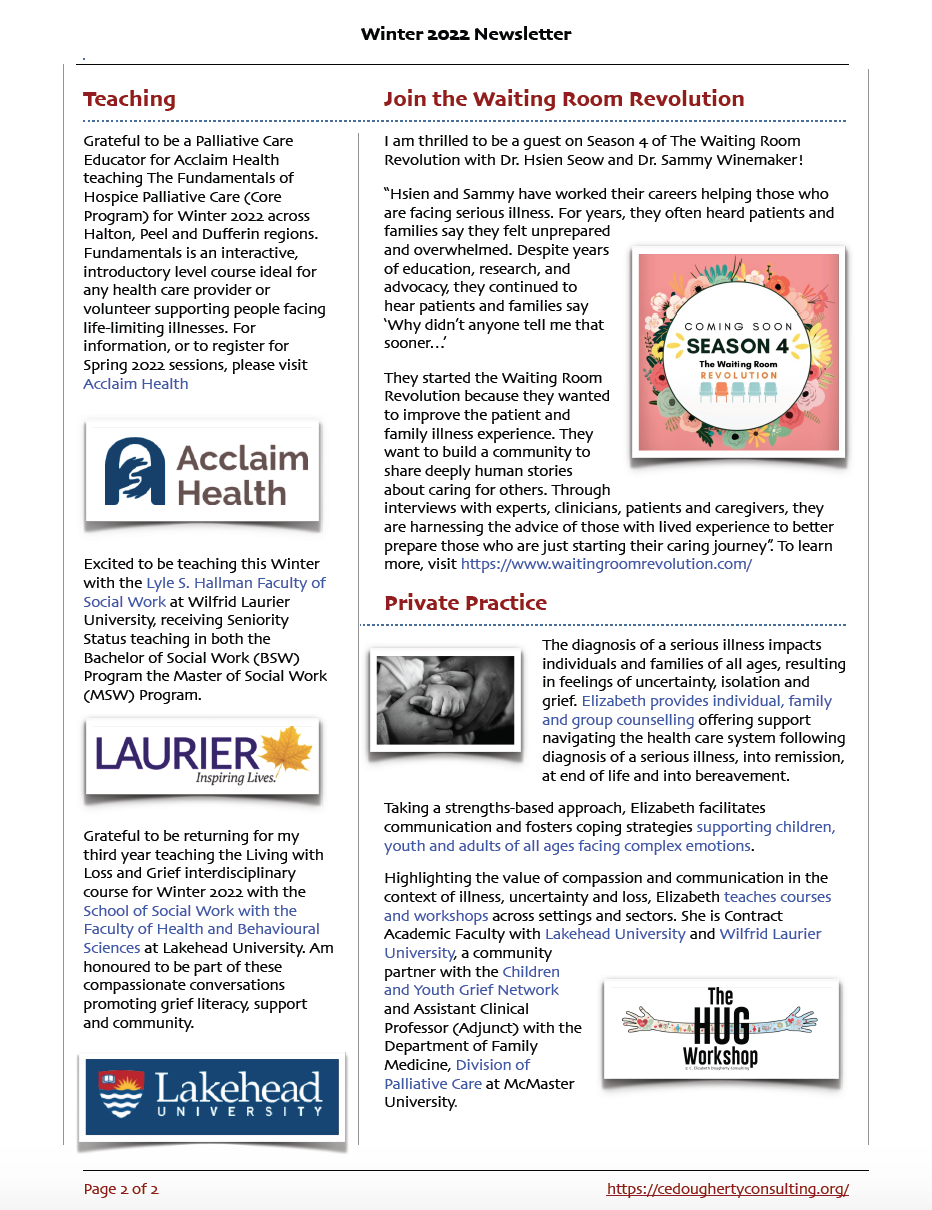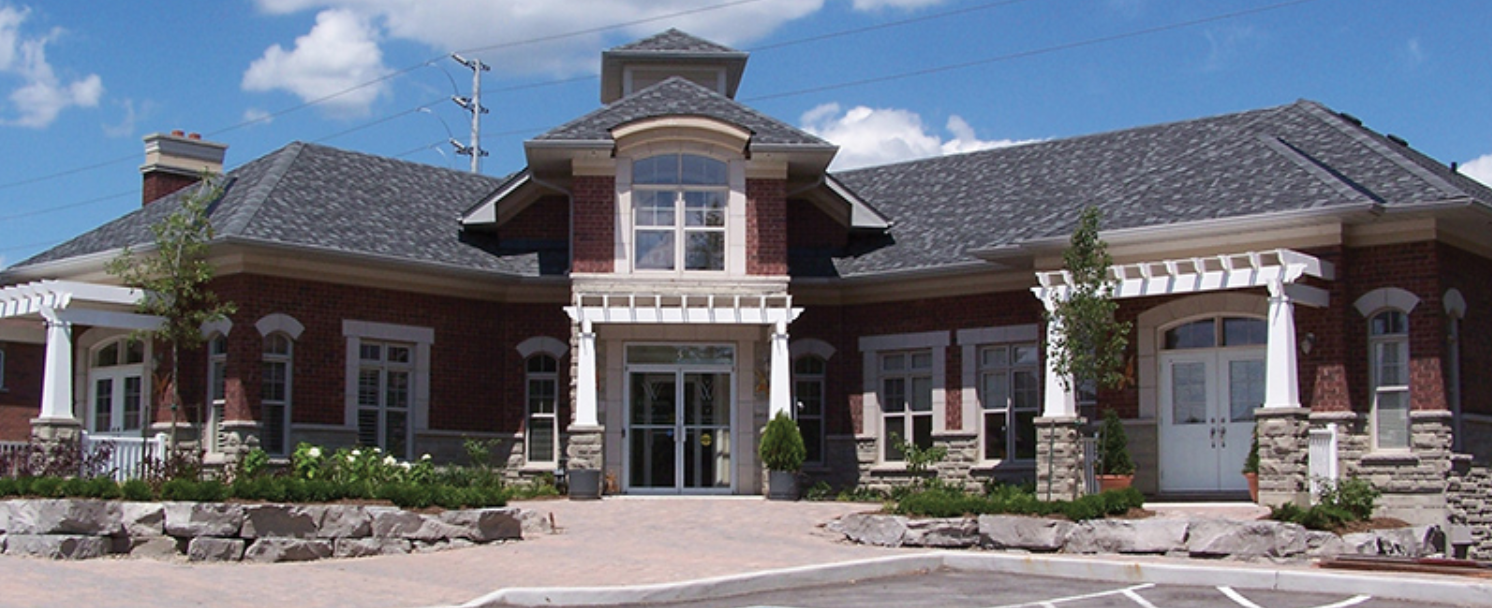April 16th is National Advance Care Planning Day in Canada
“If Not You, Who? Who would you trust to make your healthcare decisions? Planning for your future healthcare needs is important. So, we’re asking: Do you know what would happen if you couldn’t speak for yourself? Who would you trust to make those #healthcare decisions for you?
You have the power to choose who that person is. They can be a family member, a friend, or anyone in your life that you trust to make the kinds of healthcare decisions you would want.
Think about who you would trust with making those important decisions for you.
Think about what matters most in your life and how that might help guide someone in making the kinds of healthcare decisions you would want.
The best time to think about this is now when you can speak for yourself. We have useful guides to help you along the way.
Choosing a Substitute Decision-Maker (SDM)
Advance Care Planning policies can vary dependent on your province or territory. In order to ensure your end of life wishes are honoured it is crucial to have an understanding of your province or territory policies. This includes understanding what your #rights and #privileges are, as well as understanding the laws and regulations regarding end of life care, specific to your province or territory. While creating your advance care plan it is also important to make sure that you are using the correct documents for your province or territory.
Who do you trust most to make decisions for your health care that follow your wishes?
Would that person be comfortable with making important decisions about your health quickly or in an emergency?
Have you spoken to them about what matters most in your life? When someone knows what you value most in your life, they can make more informed decisions about your health care.
What Matters Most? What does a good day look like for you?
What situations do you find difficult?
What gives you strength in difficult times?
What spiritual, cultural or religious beliefs, practices, or ceremonies are important to you?
What do you value more: the possibility of a longer life, or the possibility of a better quality of life?
These questions can help guide you and your substitute decision-maker and assist them to prioritize what matters most to you when weighing care options.
April 16th is Advance Care Planning Day. So, ask yourself: If not you, who?”
Source: Advance Care Planning Canada
There are multiple FREE Advance Care Planning (ACP) workbooks, toolkits and guides specifically created to follow the provincial/territorial requirements for your advance care plan. Visit for FREE FREE Advance Care Planning (ACP) resources across Canada https://www.advancecareplanning.ca/acp-across-canada/

